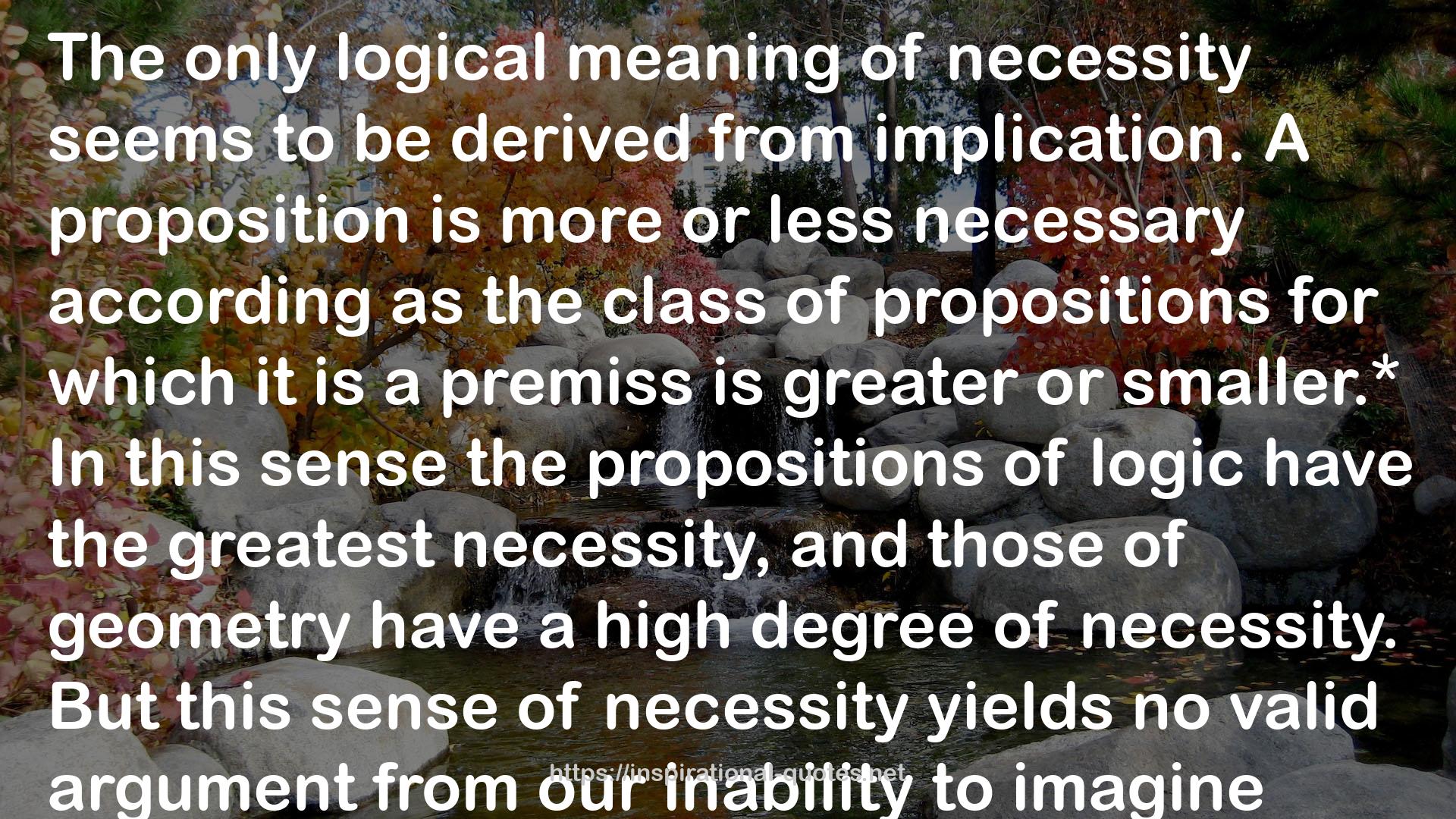The Principles of Mathematics QUOTES
SOME WORKS
- Kapabel
- Kaleidoskop Daun Kering (Aku, Kertas, dan Pena)
- Dolphins Eat Cake For Breakfast: Thoughts For Dreams
- School and Fireside
- True Notebooks: A Writer's Year at Juvenile Hall
- Iron & Silk
- The Man in the Empty Boat
- Wife for a Week (Bennett #1)
- A Bad Boy for Christmas (Jackson Brothers #3; International Bad Boys #12)
- Pursued by the Rogue (Fairy Tales of New York, #1)

